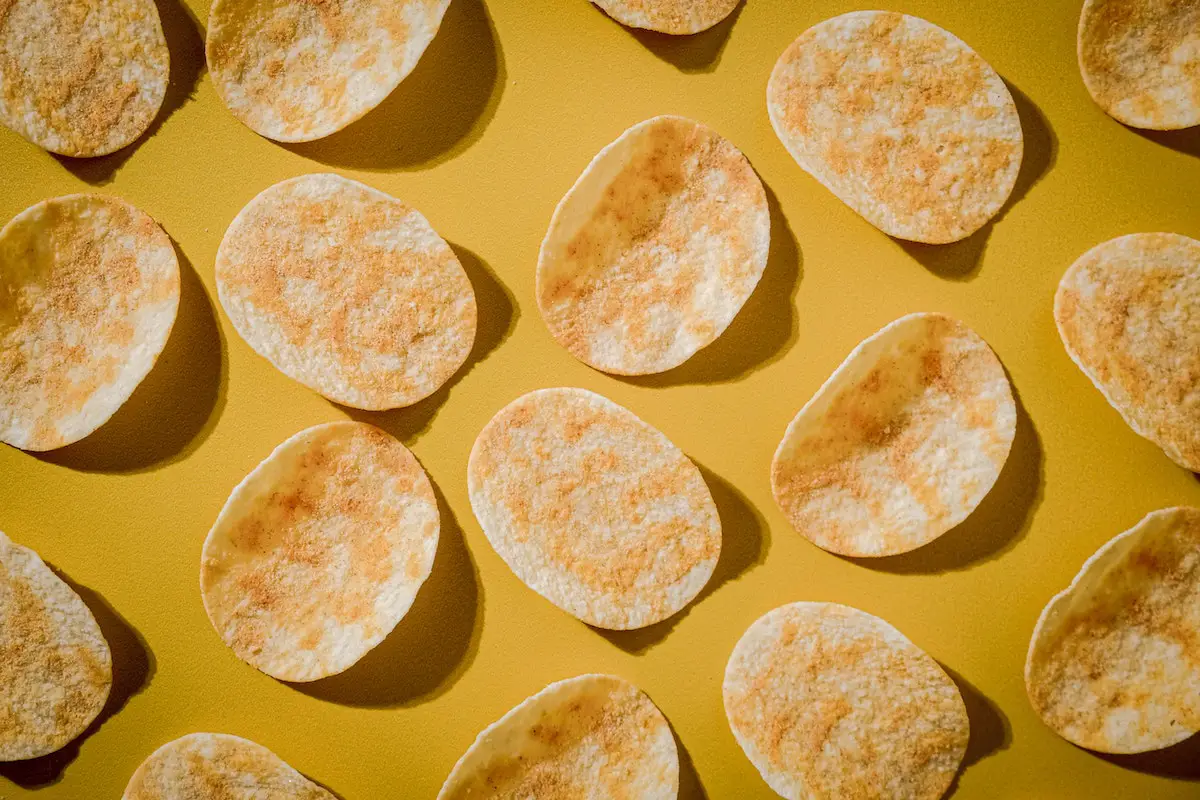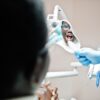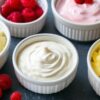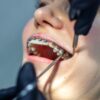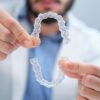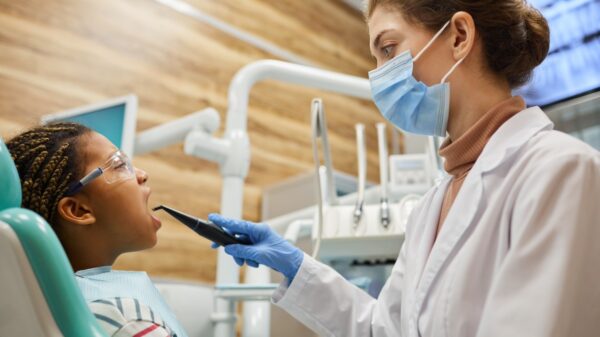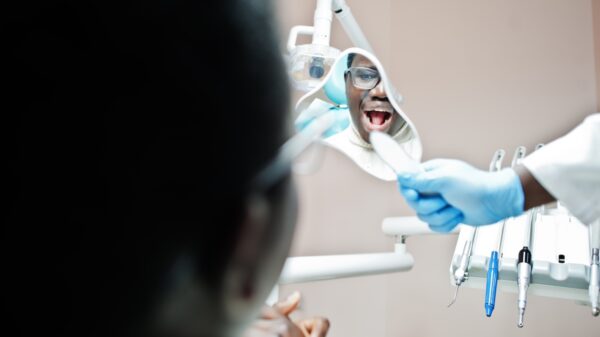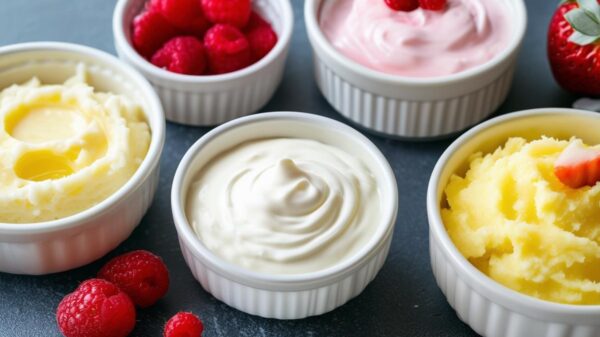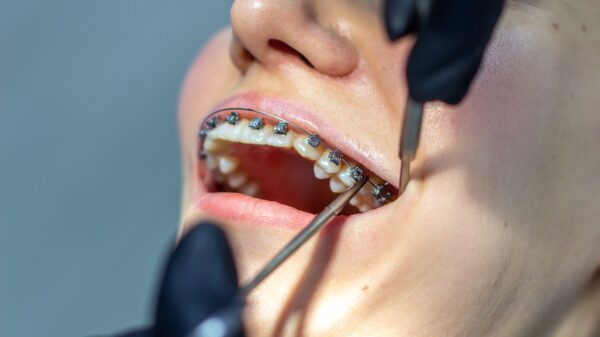What You Should Never Eat After a Tooth Extraction
If you have just had a tooth extraction, then you may be wondering what foods you can and cannot eat. It is important to follow the instructions of your dentist closely to ensure proper healing.
So, what are nine foods you should avoid after a tooth extraction? The top nine foods to avoid eating after a tooth extraction include:
- Sticky Foods
- Hard Foods
- Crunchy Foods
- Spicy Foods
- Alcohol
- Very Cold Foods
- Sugary Drinks
- Hot Soups
- Acidic Foods
In this blog post, we will discuss nine foods that you should avoid after tooth extraction. Keep reading for more information!
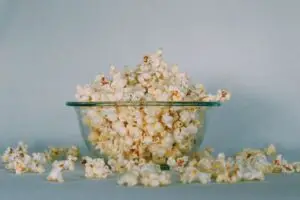
What NOT to Eat After a Tooth Extraction
Eating the wrong foods following your tooth extraction can result in pain, dry socket, and infection. It is important to know what to avoid eating after a tooth extraction to minimize your risk of complications.
The top nine foods to avoid after tooth extraction are:
1. Sticky Foods
Sticky foods can adhere to the blood clot that forms in the extraction site and cause it to become dislodged. This can lead to a dry socket, which is a painful condition that occurs when the blood clot becomes dislodged or dissolves before the extraction site has healed.
Examples of sticky foods to avoid following tooth extraction include:
- Caramel
- Chewing Gum
- Gummies
- Marshmallows
- Taffy
2. Hard Foods
Hard foods can put pressure on the healing sockets and cause them to become irritated or inflamed. Examples of hard foods to avoid following tooth extraction include:
- Apples
- Carrots
- Nuts
- Popcorn Kernels
- Pretzels
- Raw Vegetables
- Rice
- Seeds
- String Cheese
- Tough Meat (e.g., Steak)
Avoid hard foods for at least a week following tooth extraction. After that, you can slowly start to reintroduce them back into your diet as tolerated. Start with softer versions of these foods (e.g., a baked apple instead of raw, carrots cooked until soft).
‘Tough meat (e.g., steak)’ should be avoided for at least two weeks following tooth extraction as it is very difficult to chew.
Chewing on ice is also not recommended as it can crack and damage your teeth.
3. Crunchy Foods
Crunchy foods may also put pressure on the healing sockets and cause pain or discomfort. Examples of crunchy foods to avoid following tooth extraction include:
- Chips
- Pita Chips
- Crackers
- Raw Vegetables (e.g., Celery, Carrots)
- Granola
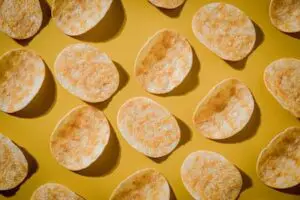
4. Spicy Foods
Spicy foods can cause irritation and inflammation of the extraction site. Examples of spicy foods to avoid following tooth extraction include:
- Curry
- Chili
- Hot Sauce
- Peppermint
- Salsa
- Wasabi
It is best to avoid spicy foods for at least a week following your tooth extraction. After that, you can slowly start to reintroduce them back into your diet as tolerated. Start with milder versions of these foods or add less spice to them.
5. Alcohol
Drinking alcohol can dehydrate you and slow down the healing process. It is best to avoid drinking alcohol for at least 24 hours after your tooth extraction.
6. Very Cold Foods
Very cold foods can also cause irritation and inflammation of the extraction site. Eating very cold foods may also increase your risk of developing a dry socket. Examples of very cold foods to avoid following tooth extraction include:
- Ice Cream
- Frozen Yogurt
- Popsicles
7. Sugary Drinks
Sugary drinks can promote bacterial growth and delay healing. It is best to avoid sugary drinks for at least 24 hours after your tooth extraction.
8. Hot Soups
Hot soups can cause pain and discomfort due to the heat and steam. Wait until the soup has cooled down before eating it.
9. Acidic Foods
Acidic foods can delay healing and cause pain or discomfort. It is best to avoid acidic foods for at least 24 hours after your tooth extraction.
Examples of acidic foods to avoid following tooth extraction include:
- Citrus Fruits
- Tomatoes
- Soda
What Is a Tooth Extraction?
Tooth extraction is a procedure that involves the removal of a tooth from the socket in the bone. The extraction site will be left open to heal and the surrounding teeth will be protected with a gauze pad or cotton swab.
What Foods Can You Eat After Tooth Extraction?
After your tooth extraction, you may eat soft foods such as:
- Cooked Vegetables
- Soup
- Mashed Potatoes
- Pudding
- Applesauce
- Ice Cream
- Jell-O
- Eggs
- Yogurt
It is important to avoid hard foods, crunchy foods, spicy foods, alcohol, very cold foods, sugary drinks, hot soups, and acidic foods.
Things To Know About Tooth Extraction Recovery
Most people recover from a tooth extraction within a few days. However, it is important to follow the instructions of your dentist to ensure proper healing.
Some things to keep in mind during your recovery include:
- Avoiding hard, crunchy, or spicy foods
- Avoiding alcohol
- Avoiding sugary drinks
- Use a straw when drinking beverages
- Rinse your mouth with warm salt water
When Can You Eat Normal Foods After Tooth Extraction?
You can eat normal foods after tooth extraction once the extraction site has healed and the surrounding teeth are no longer sore. It is important to avoid hard, crunchy, or spicy foods until the extraction site has completely healed.
Common Reasons for Tooth Extraction
There are a few common reasons why people may need to have a tooth extracted. These include:
- Impacted Teeth
- Crowded Teeth
- Teeth that are too damaged to be repaired
- Infected Teeth
If you think you may need to have a tooth extracted, please contact your dentist for an evaluation.
Signs You May Need a Tooth Extraction
There are a few signs that you may need to have a tooth extracted. These include:
- Severe Tooth Pain
- Swelling Around the Tooth
- Redness or Inflammation of the Gums
- Bad Breath
If you are experiencing any of these symptoms, please contact your dentist for an evaluation.
When to See Your Dentist
It is important to see your dentist regularly for checkups and cleanings. If you think you may need to have a tooth extracted, please contact your dentist for an evaluation.
Who Performs Tooth Extractions?
Tooth extractions are typically performed by dentists and oral surgeons. The procedure is usually quick and relatively painless, but it’s important to take care when eat-controlling infection and promoting healing.
If you have any questions about tooth extractions, please contact your dentist.
How to Maintain a Healthy Diet During Tooth Extraction Recovery
During your recovery, it is important to maintain a healthy diet. This includes eating soft foods, avoiding hard foods, and avoiding sugary drinks. It is also important to drink plenty of water and avoid alcohol.
If you have any questions about maintaining a healthy diet during your recovery, please contact your dentist.
Common Complications After Tooth Extraction
There are a few common complications that can occur after tooth extraction. These include:
- Dry Socket
- Infection
- Bleeding
- Swelling
If you experience any of these complications, please contact your dentist.
When Can I Exercise After a Tooth Extraction?
You can exercise after a tooth extraction once the extraction site has healed and the surrounding teeth are no longer sore. It is important to avoid hard or strenuous activity until the extraction site has completely healed.
If you have any questions about exercising after a tooth extraction, please contact your dentist.
When Can I Use a Straw After a Tooth Extraction?
You can use a straw after tooth extraction once the extraction site has healed and the surrounding teeth are no longer sore. It is important to avoid hard or spicy foods until the extraction site has completely healed.
If you have any questions about using a straw after tooth extraction, please contact your dentist.
When Can I Brush My Teeth After a Tooth Extraction?
You can brush your teeth after a tooth extraction once the extraction site has healed and the surrounding teeth are no longer sore. It is important to avoid hard or crunchy foods until the extraction site has completely healed.
If you have any questions about brushing your teeth after tooth extraction, please contact your dentist.
When Can I Floss After a Tooth Extraction?
You can floss after a tooth extraction once the extraction site has healed and the surrounding teeth are no longer sore. It is important to avoid hard or sticky foods until the extraction site has completely healed.
If you have any questions about flossing after tooth extraction, please contact your dentist.
Final Thoughts
Tooth extraction is a common dental procedure that is usually quick and relatively painless. However, it’s important to take care when eating and drinking to avoid infection and promote healing. If you have any questions about tooth extraction, please contact your dentist.
Related Questions
What is a dry socket?
A dry socket is a common complication after tooth extraction. It occurs when the blood clot that forms at the extraction site is dislodged, exposing the bone and nerves. This can cause severe pain, swelling, and infection.
If you think you have a dry socket, please contact your dentist.
What are some home remedies for a dry socket?
There are a few home remedies that can help relieve the pain of a dry socket. These include:
- Applying ice to the area
- Taking over-the-counter pain medication
- Avoiding hard or spicy foods
- Rinsing with salt water



